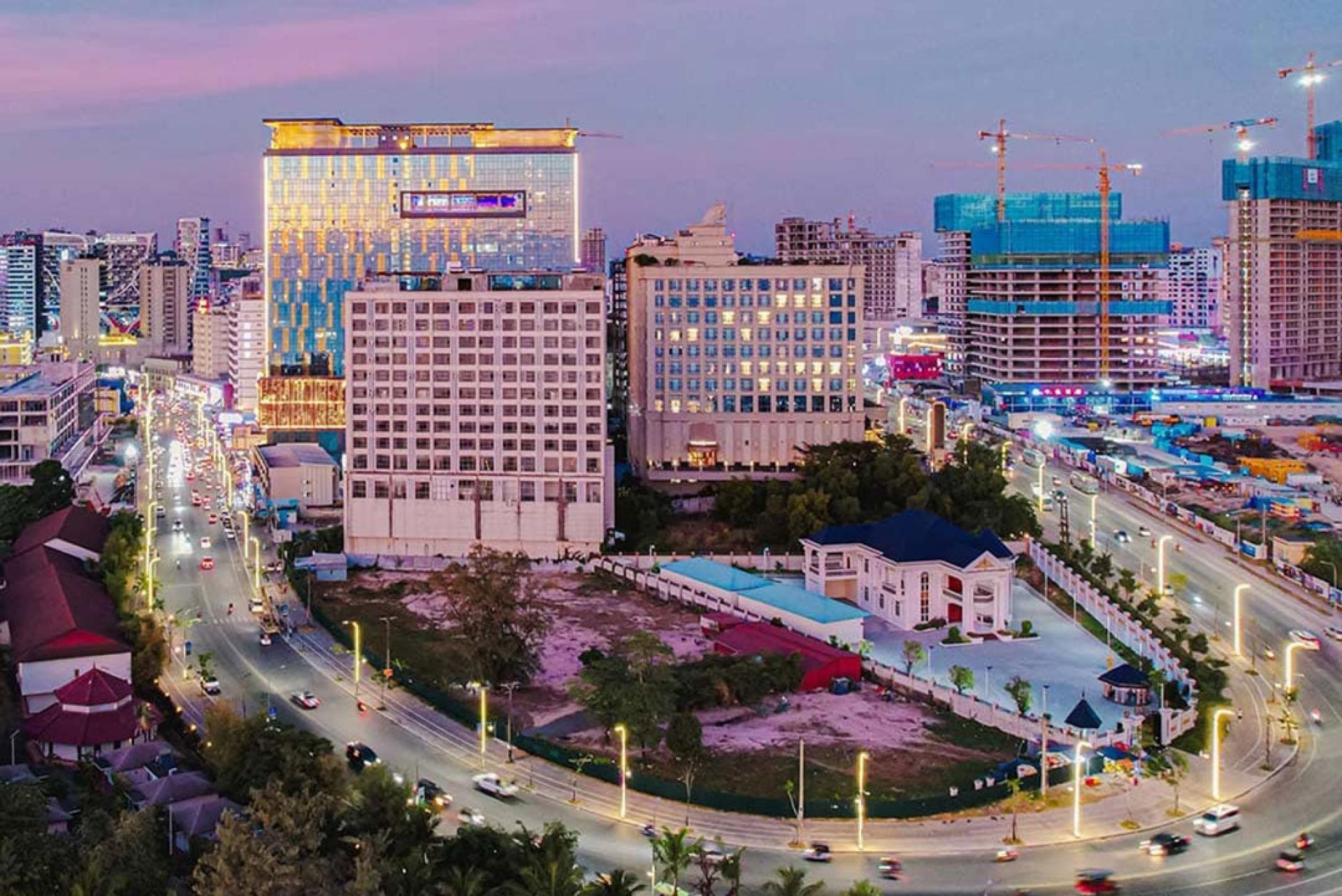On the 15th, the South Korean government issued the highest-level “black code” travel ban for certain regions in Cambodia and dispatched a high-level delegation to the country to assist South Korean citizens who were lured into scam parks and are being illegally detained.
According to foreign media reports, South Korea’s National Security Office Director Cho Tae-yong stated that a special task force led by Vice Foreign Minister Kim Jin-a has already departed for Cambodia, seeking ways to resolve the involvement of South Korean citizens in Cambodia’s scamming industry. A spokesperson for the presidential office also revealed that the National Intelligence Service of South Korea is participating in the operation.
The South Korean Ministry of Foreign Affairs announced the same day that a travel ban has been imposed on certain areas of Cambodia, including Poipet and Kampot, and advised South Korean citizens to evacuate several other regions, including Sihanoukville. The reason for the ban is the recent sharp increase in cases of illegal detention and “fake employment.”
Cho Tae-yong said that, according to estimates, among the 200,000 people engaged in illegal activities in Cambodia’s scam parks, about 1,000 are South Koreans.
This emergency action by South Korea follows the recent death of a South Korean university student who, lured by promises of high salaries, went to work in Cambodia, ended up in a scam center, was subjected to torture, and ultimately died tragically.
Last week, regarding this incident and other cases of its citizens illegally detained by online scam syndicates, the South Korean Ministry of Foreign Affairs summoned the Cambodian ambassador to South Korea, urging Phnom Penh to take action.
Cho Tae-yong said that this year, the foreign ministry and police have handled over 300 cases reported by families of missing persons in Cambodia, about 80% of which have been resolved. There are currently 72 ongoing cases, with many people still believed to be missing or forcibly held.
